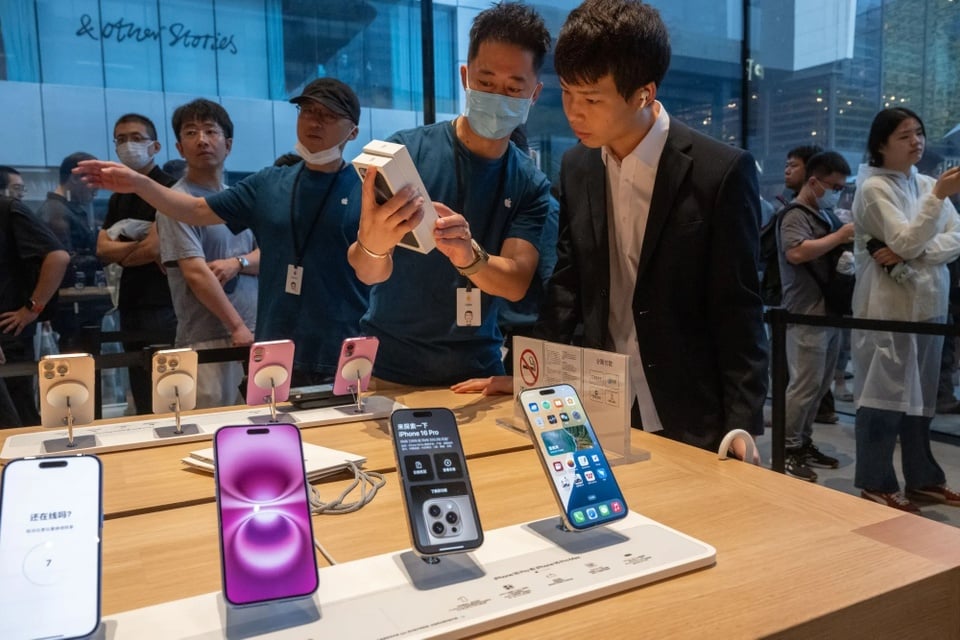 |
Users experience the iPhone 16 at an Apple store in Beijing. Photo: Bloomberg . |
Earlier this week, Apple announced it would join the Chinese government ’s national subsidy program, a move that SCMP said would help the company stay competitive amid economic uncertainty and pressure from domestic rivals.
Users in Beijing and Shanghai are eligible for discounts of up to 2,000 yuan (about $278 ) when purchasing select iPhone, iPad, Apple Watch and MacBook devices directly from Apple stores.
Under the terms, Shanghai users need to buy from one of eight local Apple stores to qualify for the subsidy, while Beijing users can buy from the online store, setting a delivery address within the capital.
Apple said some iPhones, iPads and Apple Watches priced below 6,000 yuan ( $836 ) will enjoy subsidies of up to 500 yuan ( $69 ), while some Mac computers will be discounted by up to 2,000 yuan ( $278 ).
This is the first time Apple has applied for government subsidies through its official retail channels. Previously, some products distributed on e-commerce platforms such as JD.com or Taobao were eligible for subsidies.
Apple's participation in the subsidy program comes as iPhone sales in China are expected to decline by 1.9% in 2025, due to competitive pressure from domestic brands such as Huawei and the domestic economic downturn.
According to market research firm IDC , the fact that many iPhone models are not on the subsidy list (selling for less than 6,000 yuan) is one of the reasons for the decline. In contrast, total smartphone sales are expected to increase by 3% as the subsidy program boosts demand for Android phones.
iPhone sales in China fell 9% year-on-year in the first quarter, making Apple the only smartphone maker in the top five to report negative growth. By comparison, Xiaomi’s sales rose 39.9%, while Huawei’s grew 10%.
“Apple’s sales decline is due to its premium pricing structure, which prevents it from qualifying for subsidies,” said IDC analyst Will Wong, noting that Xiaomi’s growth is largely due to subsidies, which encourage users to buy.
The Chinese government has been rolling out a national subsidy program since the beginning of the year to encourage consumer spending. Devices including smartphones, tablets and smartwatches priced below 6,000 yuan can receive a maximum subsidy of 15%, with a maximum of 500 yuan per item.
Some Apple devices that qualify for subsidies include the iPhone 16, iPhone 16e, and iPhone 15, which start at 5,999 yuan. Meanwhile, the Pro and Pro Max models are both more expensive at 6,000 yuan.
According to SCMP , Chinese users are not very impressed with the Liquid Glass design language on iOS 26, which Apple introduced in early June. In comparison, Chinese competitors are constantly launching new AI features, while Apple is still waiting for regulators to grant permission to release Apple Intelligence in the country.
Source: https://znews.vn/apple-tim-cach-go-gac-tai-trung-quoc-post1563662.html


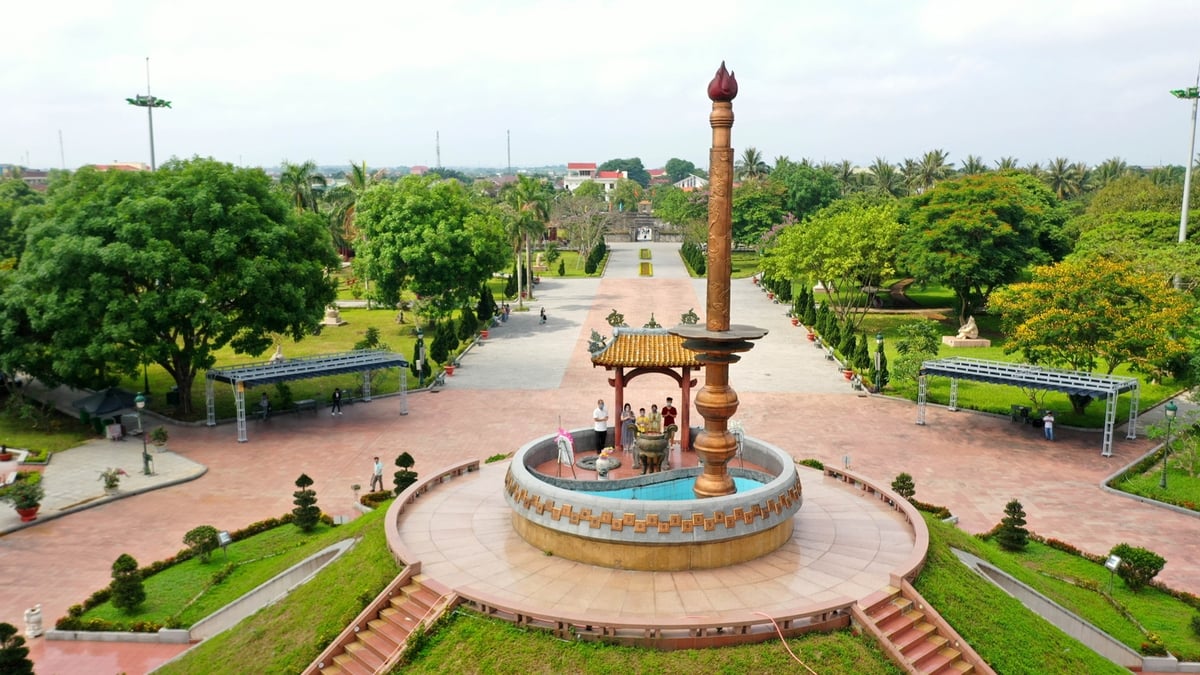



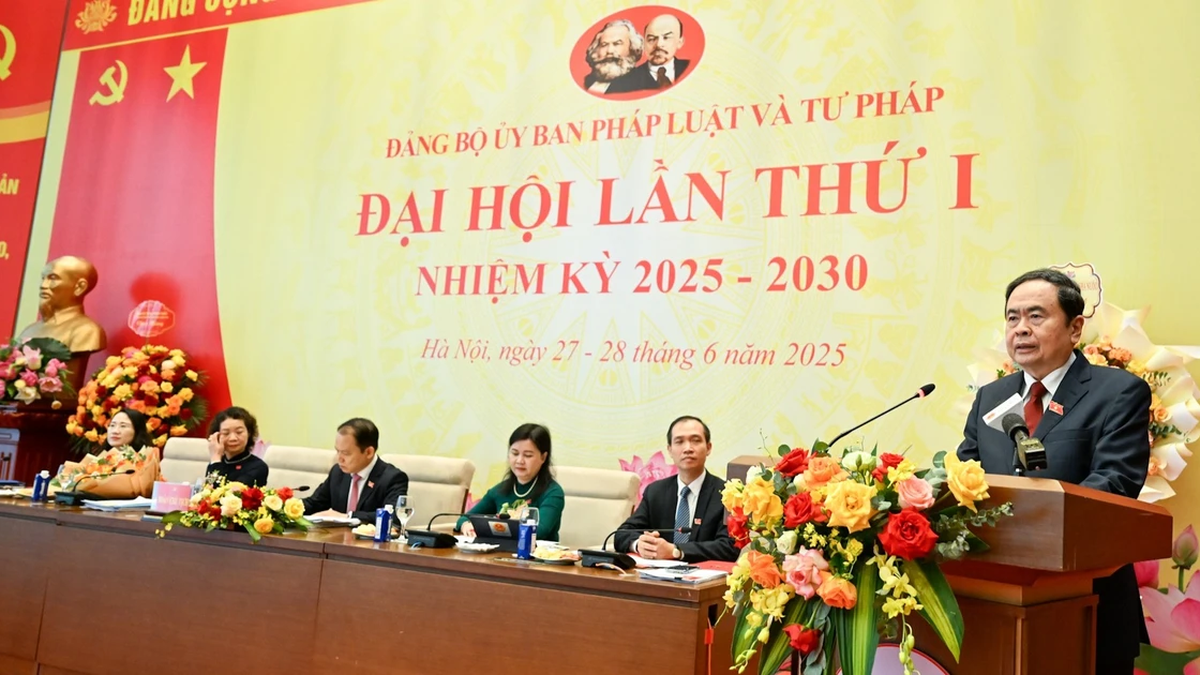




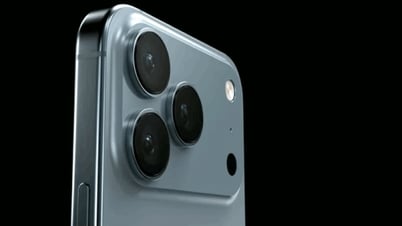

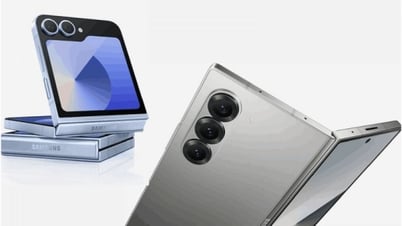
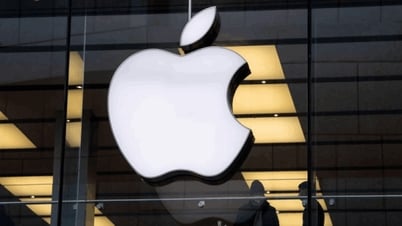












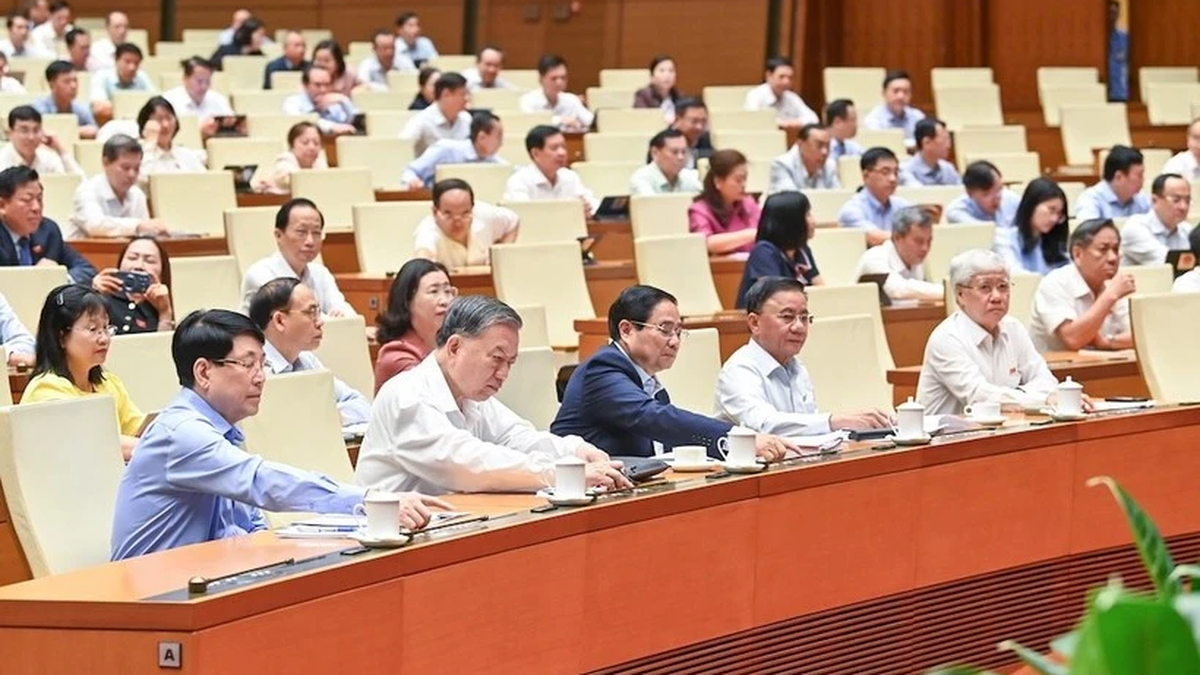








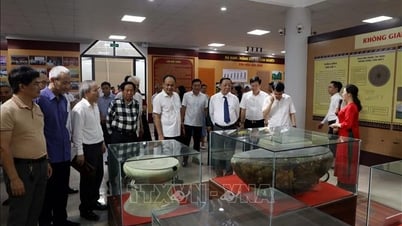

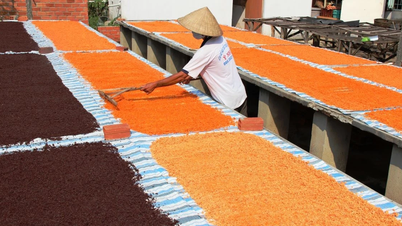



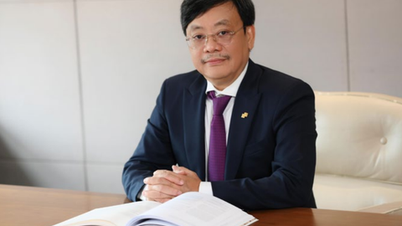





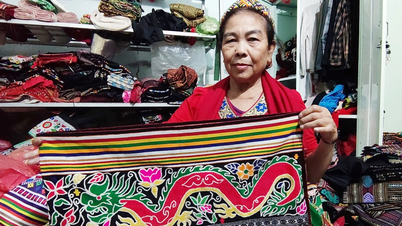


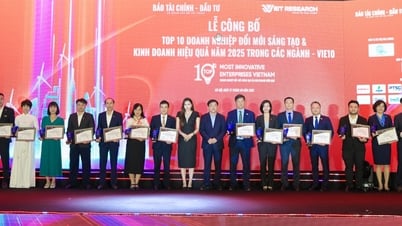

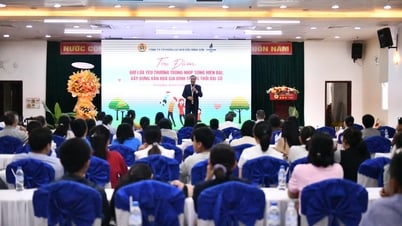






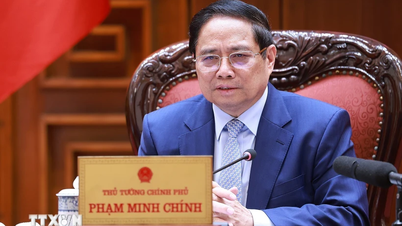


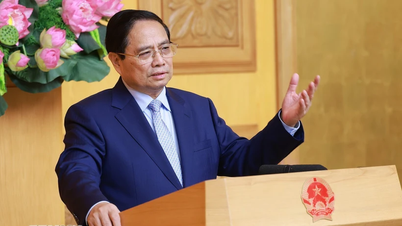
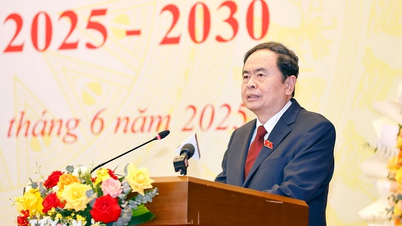

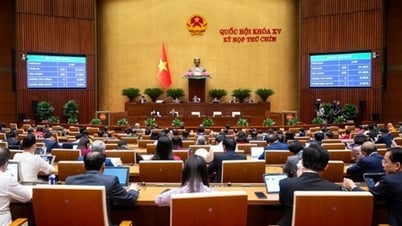



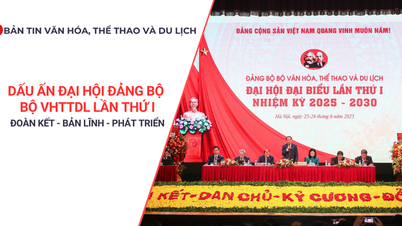







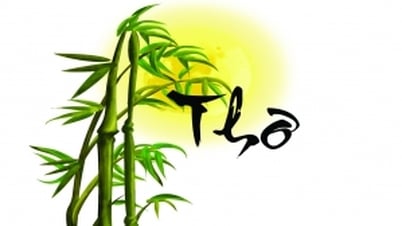
















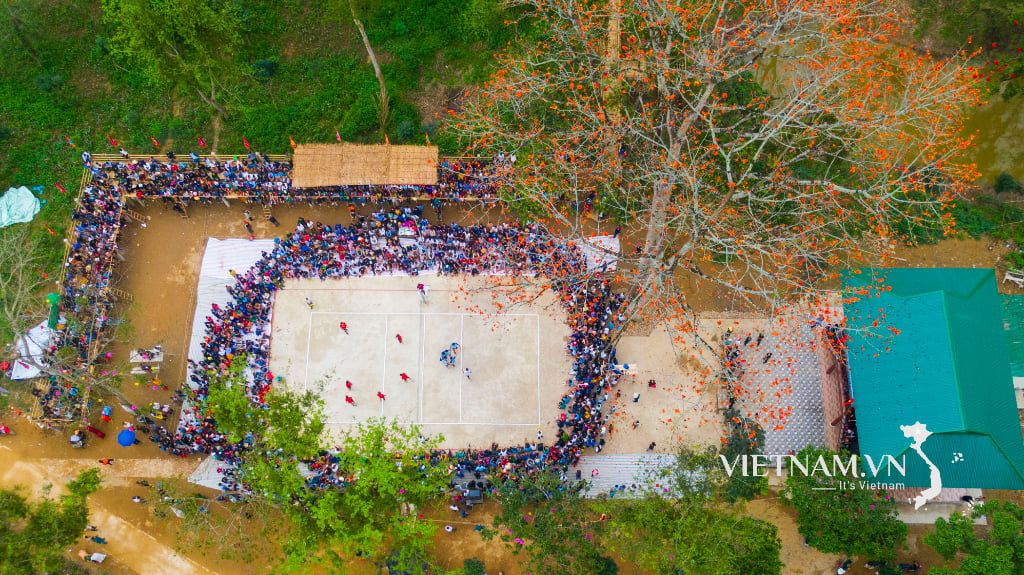


Comment (0)